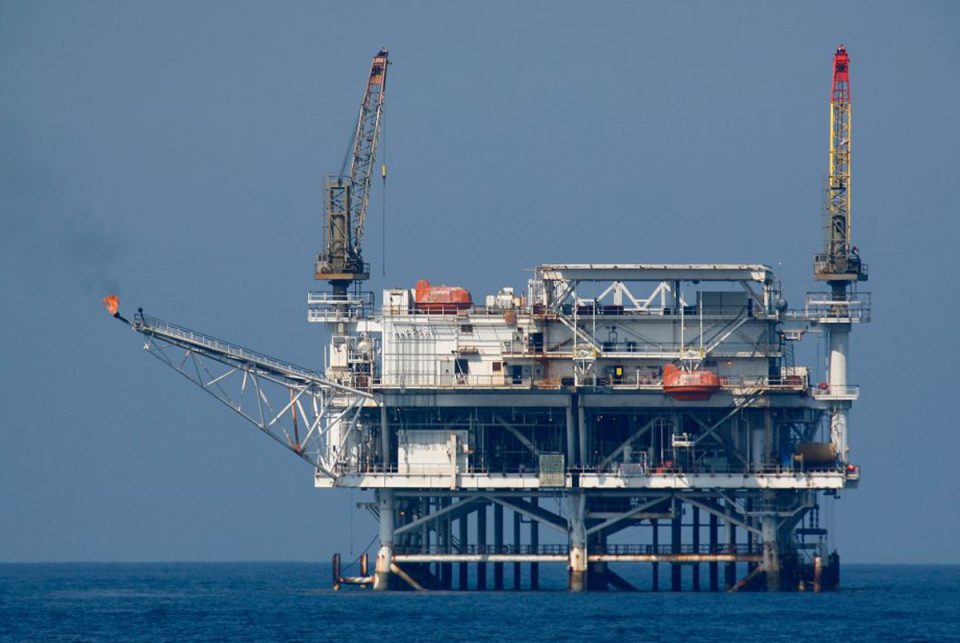With many oil and gas companies struggling to stay afloat amid the current market situation, exploration activity in the country has suffered a decline as the number of active rigs fell by 33.33 per cent in July.
Data obtained by our correspondent from the Organisation of Petroleum Exporting Countries showed that Nigeria’s rig count fell to six in July from nine in June.
The rig count, which stood at 21 in March, fell to 16 in April and eight in May.
The rig count is largely a reflection of the level of exploration, development and production activities occurring in the oil and gas sector.
The global oil benchmark, Brent crude, plunged to as low as $15.98 per barrel in April, its lowest since June 1999. It traded around $45 per barrel on Monday.
Analysts at Financial Derivatives Company Limited said on Monday that oil price volatility would continue in the coming weeks due to supply and demand concerns.
“The relaxation of output cuts by two million barrels per day in August will keep oil prices within the $42-$45 per barrel band,” they said in a report.
The collapse in crude oil demand and prices occasioned largely by the coronavirus pandemic has forced many operators to put exploration on the back burner.
One of the major indigenous independent oil companies in the country, Seplat Petroleum Development Company Plc, said late last month that to adapt to current market conditions and as directed by its Nigerian government partners, it was looking to significantly reduce its costs by at least 30 per cent across the business.
“Drilling of oil wells has been suspended, with all non-essential capital expenditure under review, to consider only activities that can be supported in the new oil price environment,” it said in its 2020 half-yearly financial results.
Asked what the exploration landscape would look like in Nigeria post-COVID-19, the Chairman, Society of Petroleum Engineers Nigeria Council, Joseph Nwakwue, said, “The outlook is no doubt gloomy given the relatively low forecasted oil prices and prevailing high unit costs in Nigeria.”
He listed three factors that could change the scenario.
The PUNCH had reported earlier this month that several major oil and gas projects in Nigeria may suffer further delays as the IOCs operating in the country saw their financials take a dive in the second quarter of this year.




